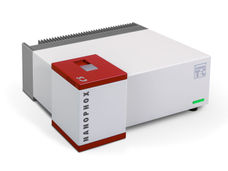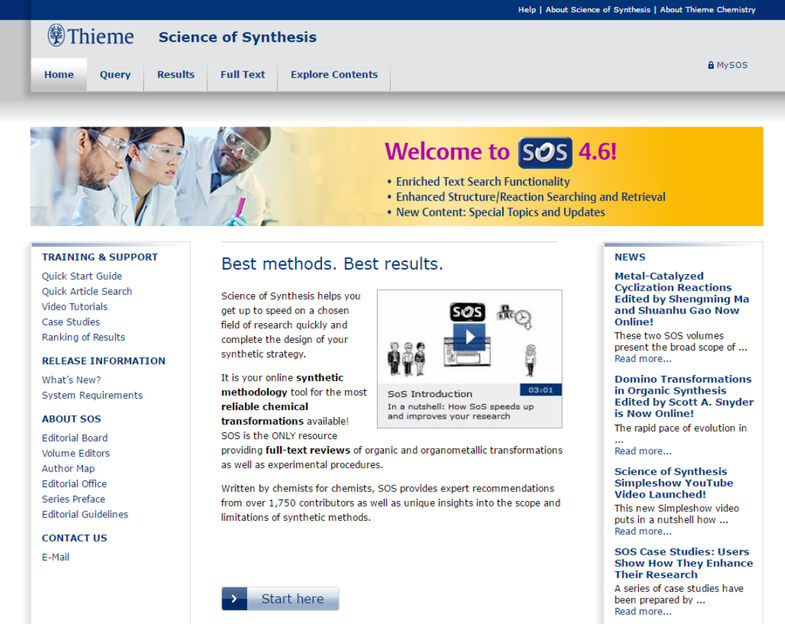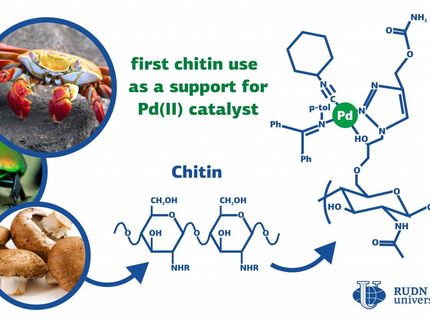Simple, scalable and aqueous method for synthesising nanoparticles
Metal nanoparticles that can catalyse organic reactions in water can be made using polyelectrolyte nanoreactors, claim scientists. Thanks to their ionisable functional groups, polyelectrolytes can change their conformation in water. When there are few other ions in the solution, the chains stretch out because the charged groups on the chains repel each other.
But when Vy Dong, at the University of Toronto, Canada, and colleagues added an acidic palladium (II) chloride solution, the repulsive interactions were screened and the polyelectrolyte chains collapsed into globules around the chloride ions. Subsequent reduction of the palladium (II) ions in this collapsed-globule nanoreactor using sodium borohydride generated polyelectrolyte stabilised palladium nanoparticles that were bench stable for over a year.
The team used the nanoparticles as catalysts in aqueous Suzuki coupling reactions and achieved high yields at loadings as low as 0.01 mol % palladium. They now plan to transfer the counterion-induced collapse strategy to the synthesis of other polyelectrolyte–metal systems.
Original publication: Matthew M. Coulter, Jordan Dinglasan, Jane B. Goh, Sreekumari Nair, Darren J. Anderson and Vy M. Dong, Chem. Sci., 2010
Other news from the department science
These products might interest you

NANOPHOX CS by Sympatec
Particle size analysis in the nano range: Analyzing high concentrations with ease
Reliable results without time-consuming sample preparation

Eclipse by Wyatt Technology
FFF-MALS system for separation and characterization of macromolecules and nanoparticles
The latest and most innovative FFF system designed for highest usability, robustness and data quality

DynaPro Plate Reader III by Wyatt Technology
Screening of biopharmaceuticals and proteins with high-throughput dynamic light scattering (DLS)
Efficiently characterize your sample quality and stability from lead discovery to quality control

Get the chemical industry in your inbox
By submitting this form you agree that LUMITOS AG will send you the newsletter(s) selected above by email. Your data will not be passed on to third parties. Your data will be stored and processed in accordance with our data protection regulations. LUMITOS may contact you by email for the purpose of advertising or market and opinion surveys. You can revoke your consent at any time without giving reasons to LUMITOS AG, Ernst-Augustin-Str. 2, 12489 Berlin, Germany or by e-mail at revoke@lumitos.com with effect for the future. In addition, each email contains a link to unsubscribe from the corresponding newsletter.
Most read news
More news from our other portals
See the theme worlds for related content
Topic world Synthesis
Chemical synthesis is at the heart of modern chemistry and enables the targeted production of molecules with specific properties. By combining starting materials in defined reaction conditions, chemists can create a wide range of compounds, from simple molecules to complex active ingredients.

Topic world Synthesis
Chemical synthesis is at the heart of modern chemistry and enables the targeted production of molecules with specific properties. By combining starting materials in defined reaction conditions, chemists can create a wide range of compounds, from simple molecules to complex active ingredients.
Last viewed contents
Molecular_sensor

Machine learning takes materials modeling into new era - Deep learning approach enables accurate electronic structure calculations at large scales
Boltzmann_constant
Quantum_well_infrared_photodetector




























































